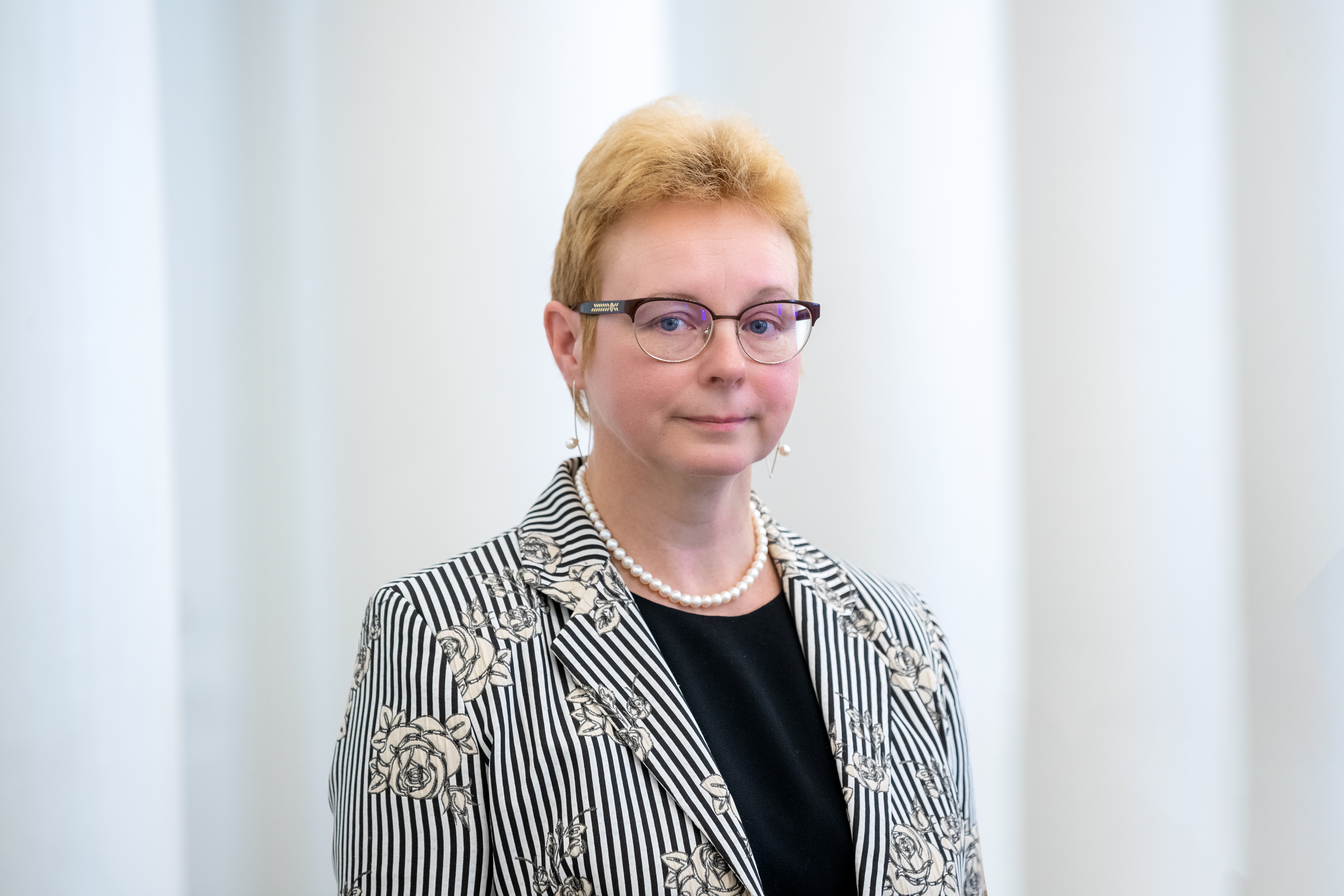Inquiring minds often start with the questions “What?”, “How?” and “Why?” when approaching an analytical problem. If we want to envision a (better) future, we turn to ask “What could be?”. We at work package 4 decided to run with the founding principle of CO:RE and once again, start with “What is already there?”, what are people thinking about, and what topics are perceived as pressing and important?
During the peculiar spring of 2020, we tried to get an overview of these critical themes and keywords. So, in a short online survey, we asked a wide range of people who are working in various corners of the broad field of “children and media”, what they consider the burning hot topics. This way we can contribute to achieving the very aim of CO:RE – to build a comprehensive and up-to-date knowledge base on children’s and young people’s experiences online.
In addition, we followed the topically relevant current academic papers – making notes and categorising the central issues in these texts. We monitored recent issues of more than 10 academic journals, most relevant in the field of children and youth studies, or media and communication. Some of these top journals serve as a publishing venue for the leading scholars in the fields, among others our colleagues in the CO:RE consortium and closely related projects such as ySKILLS and EU Kids Online.
On top of that, we added the keywords from all submitted abstracts to a recent call for papers to a renowned scientific journal (Communications: The European Journal of Communication Research; special issue “Children and Media: Emerging Issues”). We kind of hoped that screening submissions to the “emerging issues” part of the call would immensely help us out there. And it did!
Four clusters of keywords
We collated the outputs from all these different sources, created a word cloud, and reviewed what the “‘bigger picture” revealed. Using the word cloud method required us to remove the “usual suspects”, that is, obvious keywords, such as “children”, “media”, and “digital”, since they’d distort the picture due to their high frequency and hence larger appearance in a word cloud such as the one below.

First word cloud collated in April 2020.
What we ended up with was a huge bundle of V.I.K.s (Very Important Keywords), and if you squint real hard, you can see all sorts of interesting keywords. For now, though, let’s focus on the Top 4 meaningful clusters that had a higher prominence.
Three of the “bigger” keywords – mentioned more than others – are directly tied to education: “learning” and the outcomes of learning, “literacy” and “skills”. It is quite obvious that one of the burning issues, especially after the hurried move to online learning kindled by the COVID-19 pandemic, is (digital) media education, in all its forms. So, in the coming months and years, we will publish two short reports on e-learning, focussing on digital learning environments, and the potential of digital learning in achieving cognitive and non-cognitive learning outcomes, respectively.
Additionally, we see terms somewhat related to the overall area of education – “mediation” and “parents” (“parental”). These terms refer to the active and collaborative nature of learning, and parents and primary caregivers who are, next to teachers, at the forefront of developing digital media literacies of children. One of our short reports will deal with the datafication of childhood and will focus on the role parents have in this process.
Thirdly, the keyword “use” – a term with a whole microcosm within and around it (including “practices” and “behaviour”), emphasizes the active and varied ways that act as a basis for all of the above. As a consequence of internet use, and still a key topic in its own right, online risks will be the focus of one of the forthcoming reports.
And last but not least, children’s “well-being”, one of the topics of our CO:RE Theories Webinar Series, emerges prominently among the keywords. If this keyword is of particular interest to you, stay tuned! We will publish a short report on children’s well-being in the digital world, too!
We need your support – what are we missing?
This word cloud is a snapshot of a specific moment in time, and in the discussions about children and media, ever-changing and hopefully ever-evolving. As all snapshots are missing some context and links, we ask you, dear reader – whether you be a researcher, a teacher, a student, a parent, an activist, a developer, a…nyone! – what are we missing? What words should we give more attention to? What new topics are emerging right now? Please add your expert insight to CO:RE key topics by filling in a very short online survey.
We would also be delighted, if you left a reply to this post, or dropped us an email at signe.opermann [at] ut.ee and let us know of specific questions, examples, sub-topics or broader overarching issues. Through that, you help the CO:RE network to work on topics and problems that might go under or over the radar otherwise. We may also email you back with a humble request to write a blog post (or a short report) yourself. :)
-
Header image by stem.T4L on Unsplash.




